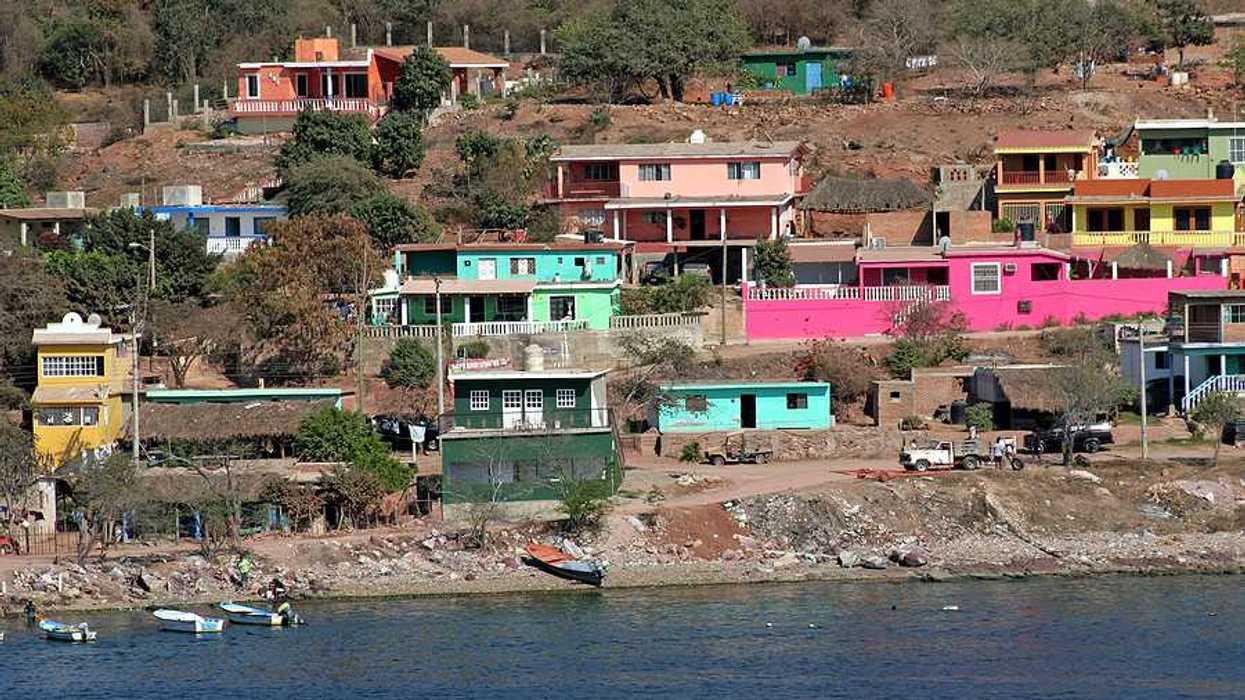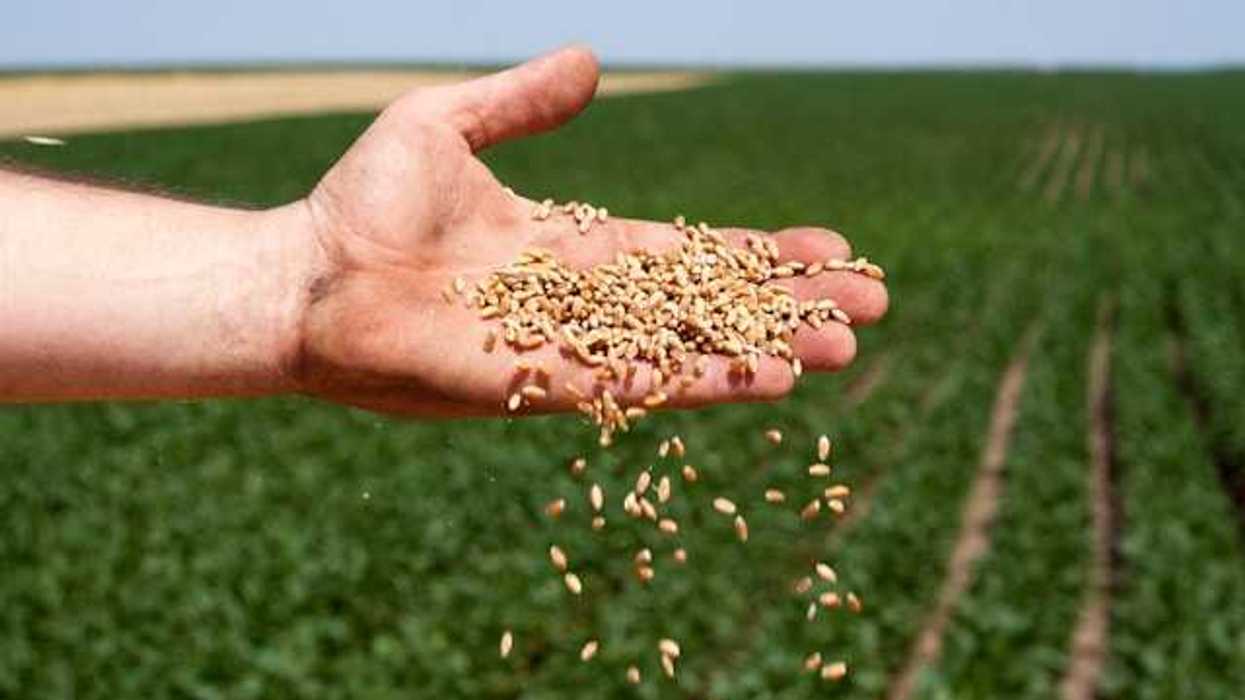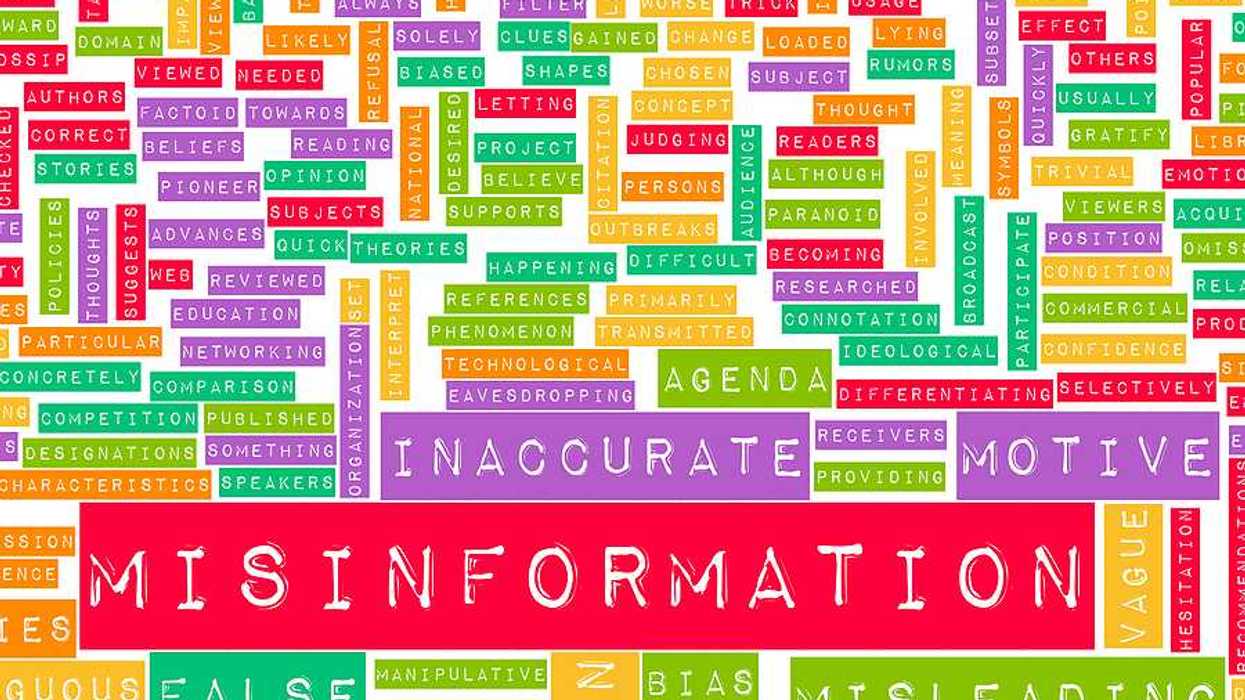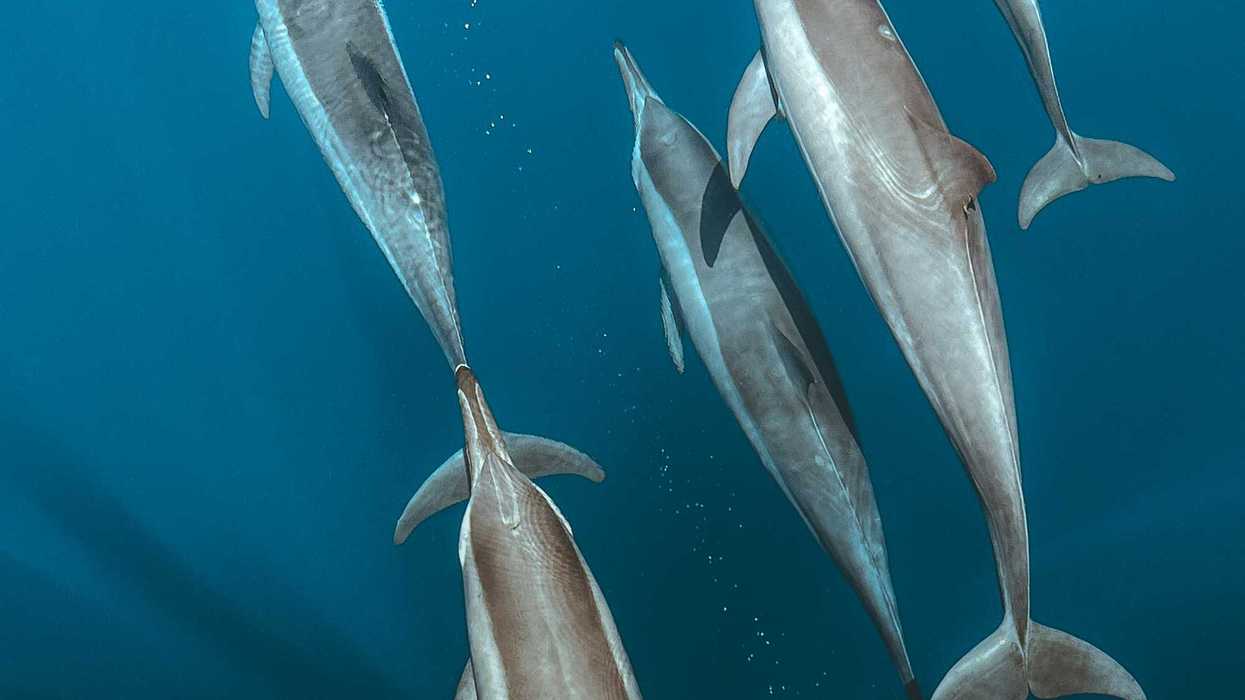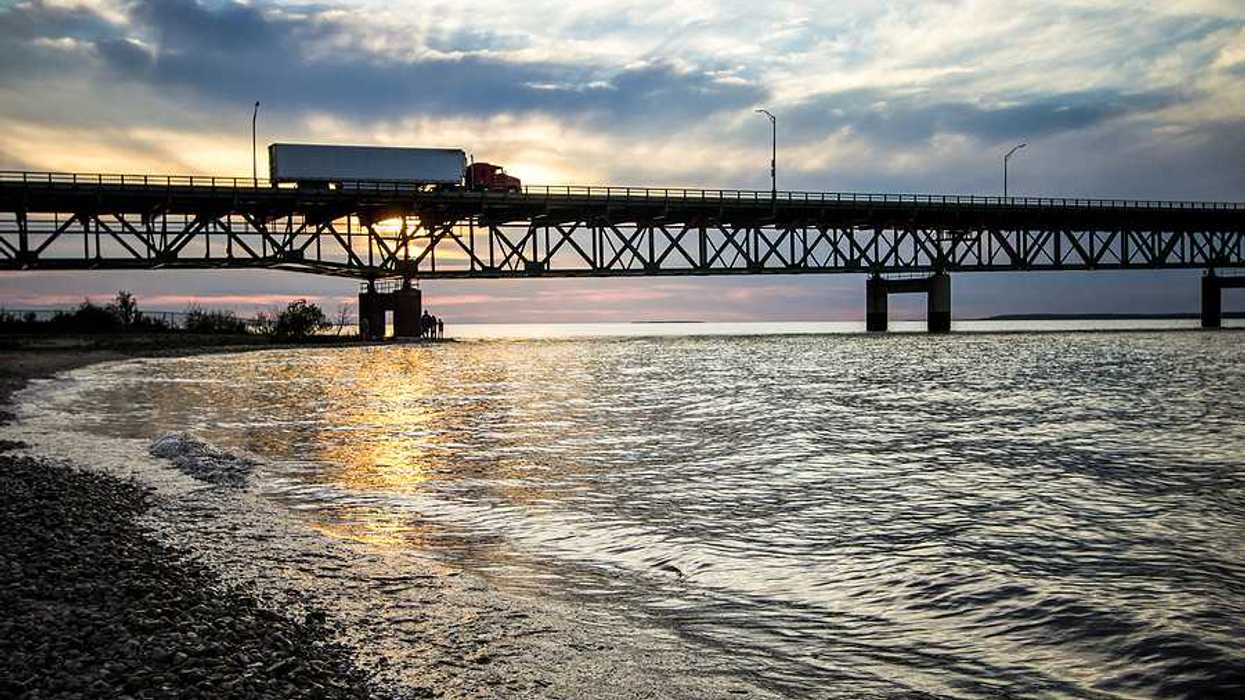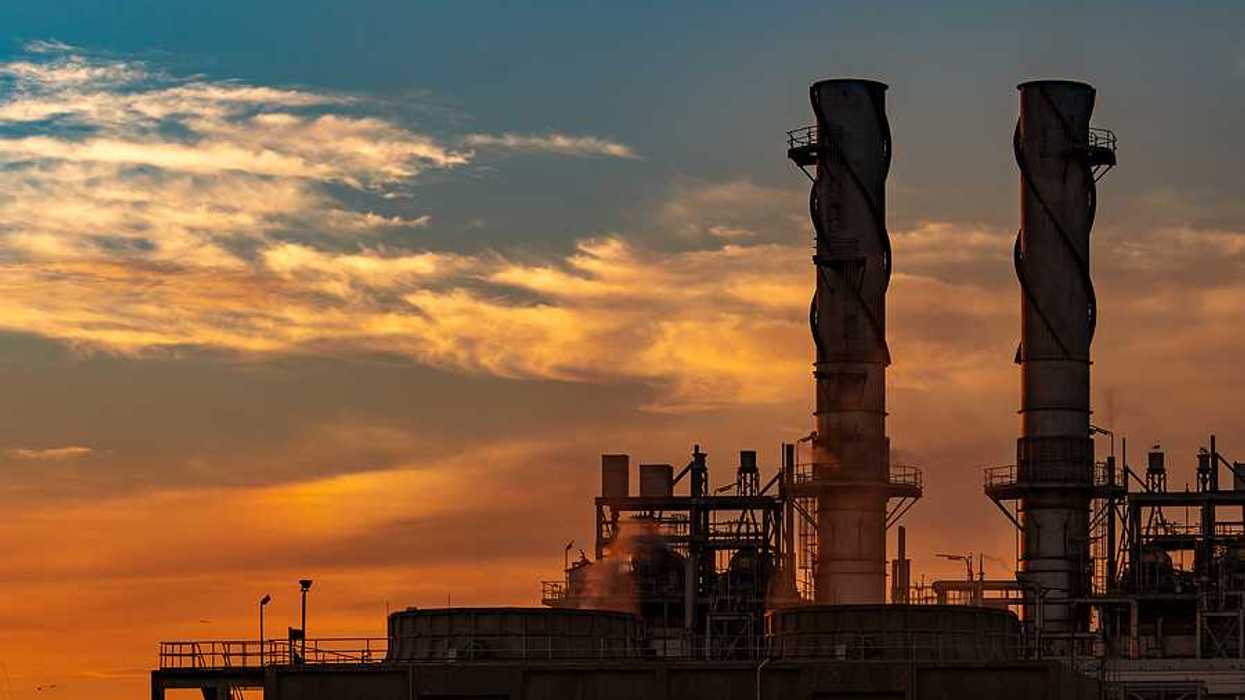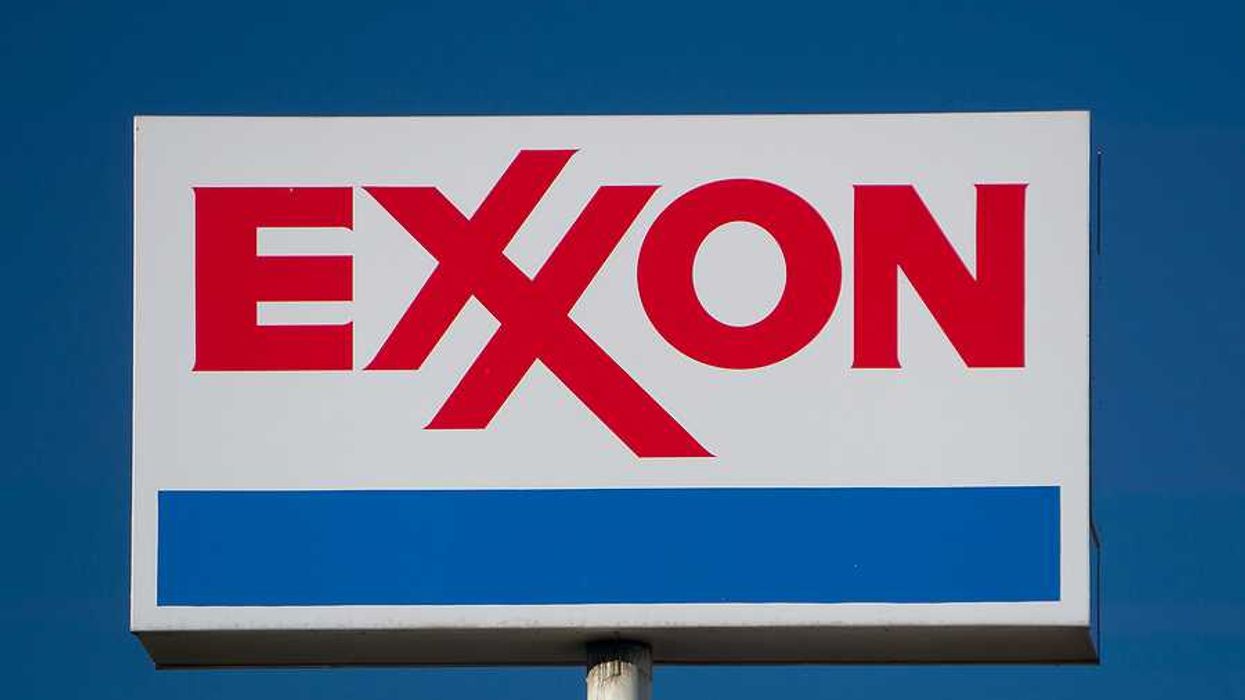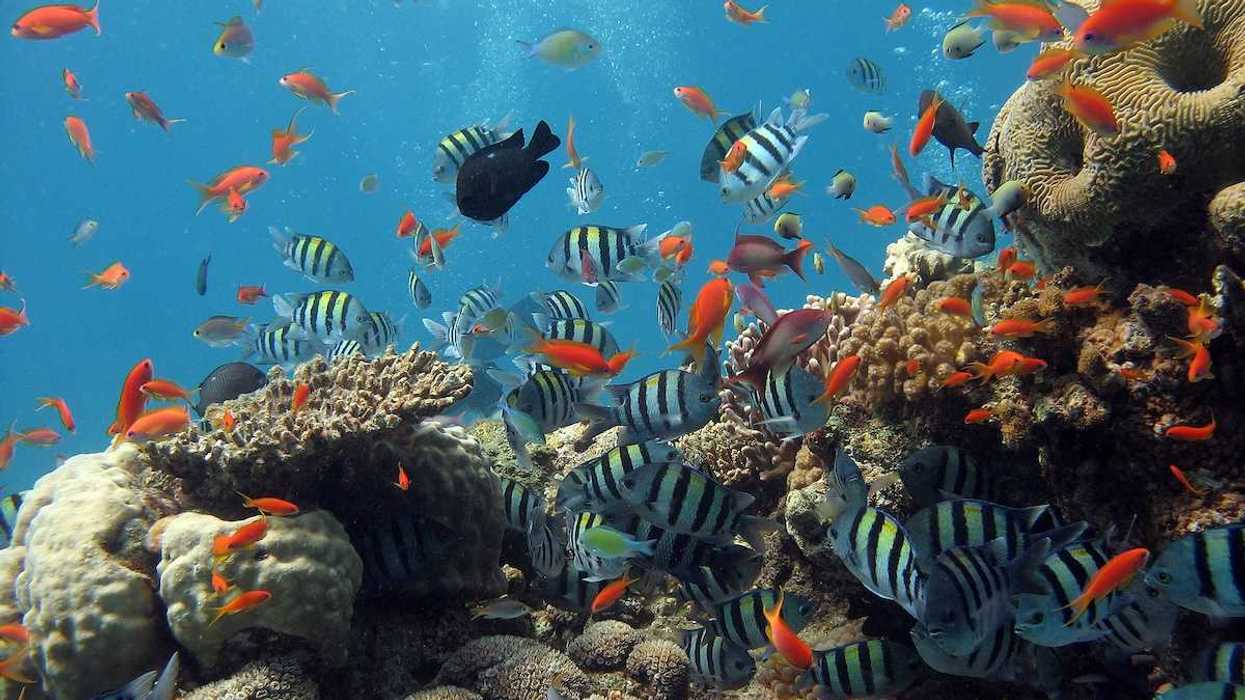One of the world’s few stable glaciers, Argentina’s Perito Moreno is now retreating rapidly after decades of resisting climate-driven melt.
María de los Ángeles Orfila reports for The Guardian.
In short:
- The Perito Moreno glacier, once considered uniquely stable, has lost nearly two square kilometers of ice since 2018 and is thinning by up to eight meters per year.
- Rising summer temperatures — up 1.2°C over 30 years — have pushed the glacier into imbalance, with calving events becoming larger, louder, and more frequent.
- Scientists warn that the glacier could soon detach from the Magallanes peninsula, accelerating its collapse into a new, unstable formation.
Key quote:
“It can’t withstand the heat, and the current ice input isn’t enough to compensate.”
— Lucas Ruiz, glaciologist at the Argentine Institute of Nivology, Glaciology and Environmental Sciences
Why this matters:
Glaciers are critical freshwater reserves, climate regulators, and indicators of planetary health. The dramatic retreat of the Perito Moreno glacier signals that even the most resilient ice bodies are buckling under rising global temperatures. As this glacier thins and retreats, it reflects broader losses across Patagonia and the world, with implications for sea level rise, regional water supplies, and biodiversity. The changes also disrupt tourism and local economies, particularly in areas like southern Argentina where glacial parks are major attractions.
Read more: Glaciers in the Andes are shrinking to record lows



